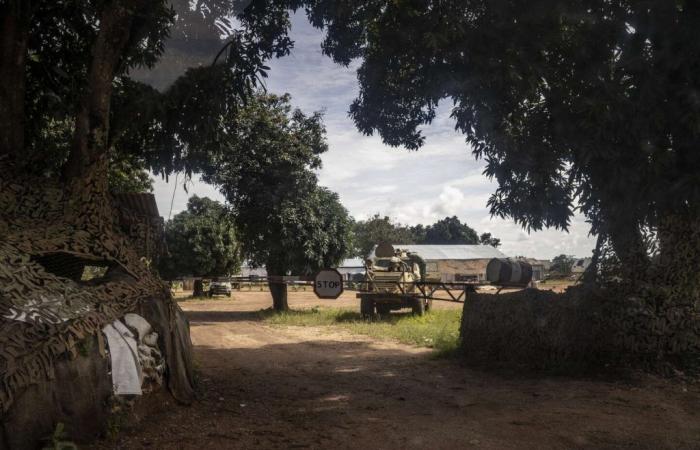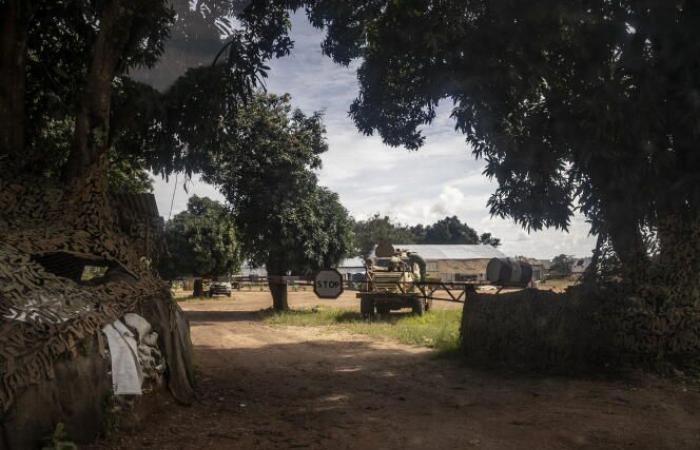Zémio, Mboki, Obo, Bambouti… Town after town, during the month of May, the Central African Armed Forces (FACA) regained a foothold in the localities located on the laterite road ribbon bordering, in the extreme south-east of the Central African Republic , the Democratic Republic of Congo (DRC) to the borders of South Sudan. This Haut-Mbomou region had been in the hands of the Unity for Peace in the Central African Republic (UPC), one of the multiple residual armed movements of the Séléka, the great rebellion of the early 2010s, for several years.
1,300 kilometers away, Central African soldiers marched on May 22, acclaimed by the population, in the streets of Sido (North), a gateway to Chad, closed for ten years and which the army had also deserted. If, in Bangui, we welcome this redeployment of national security forces, we do not forget to recall, like the Minister of Communication, Maxime Balalou, that “without the intervention [des] Russian allies, none of this would have been possible”.
“The strong and brutal way”
A European diplomat reluctantly admits: “There remain pockets of insecurity on the borders of the country, but overall, the strong and brutal manner used by the Russian mercenaries of the Wagner group has borne fruit and made it possible to regain control of the population centers. » “The Central African armed groups have left the prefectures and dispersed in rural areas”, observes Paul Crescent Beninga, spokesperson for the Central African Civil Society Working Group.
Read also: Bangui, capital of Wagner in Africa
Add to your selections
Some warlords played the game of the Khartoum peace agreement carried out in early 2019 by Moscow. They sometimes laid down their arms to enter the government. Others, such as Ali Darassa, a long-time rebel, navigate between Sudan and Chad. But above all, the Coalition of Patriots for Change (CPC) is moribund.
A grouping of the most powerful militias – Christian or Muslim – in the country, it promised to dislodge President Faustin-Archange Touadéra from power and drive the Russians out of the country. Its main instigator, the former head of state François Bozizé (2003-2013), has been living in forced exile in Guinea-Bissau for fourteen months, under an international arrest warrant.
In 2021, the CPC offensive at the gates of Bangui was broken by an unprecedented line of defense composed, independently, of Russian mercenaries from the private military company Wagner and Rwandan special forces called to the rescue as part of a bilateral agreement. Thus pushed back to the borders or into the depths of the forests, the rebels were unable to prevent the gradual redeployment of the FACA and their Russian allies.
You have 76.88% of this article left to read. The rest is reserved for subscribers.







